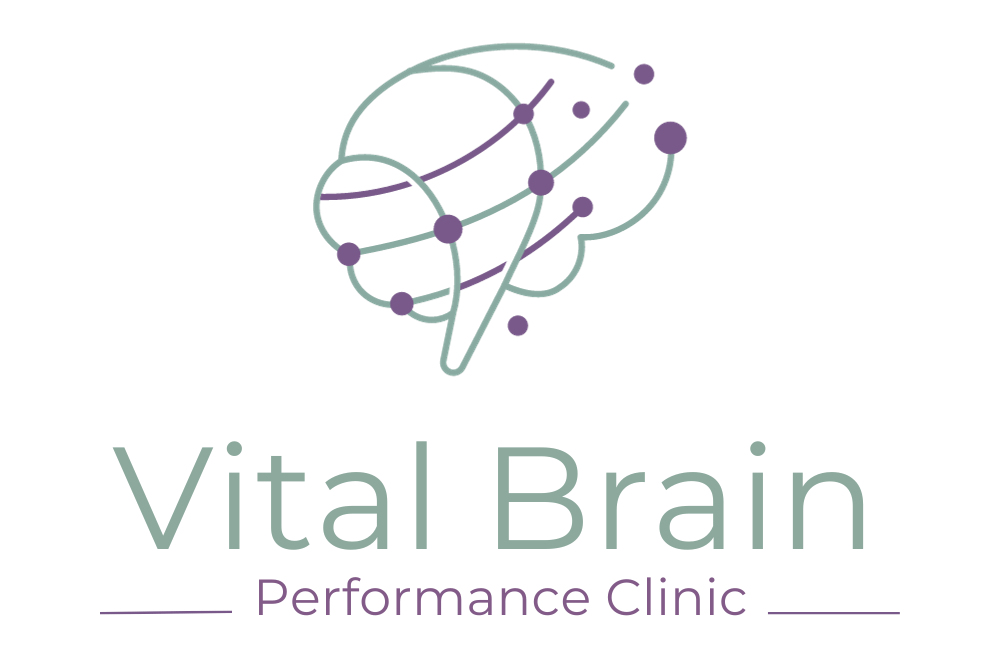Migraines can be debilitating, impacting daily life and overall well-being. While there’s no one-size-fits-all cure, nutritional therapy has emerged as a promising approach for many migraine sufferers. Let’s explore how nutritional therapy can empower you to manage migraines and potentially reduce their frequency and severity.
Identifying Trigger Foods: A Crucial Step in Nutritional Therapy for Migraine Management
One of the cornerstones of nutritional therapy for migraines is identifying food triggers. These are specific foods or ingredients that can trigger migraine attacks in some individuals. Here’s what you can do:

- Keep a Food and Migraine Diary: Log everything you eat and drink, alongside details about your migraines (timing, severity, etc.). Patterns may emerge, helping pinpoint potential trigger foods.
- Elimination Diets: Under the guidance of a healthcare professional, consider an elimination diet. This involves temporarily removing common migraine triggers like aged cheeses, alcohol, and artificial sweeteners, then reintroducing them one by one to identify potential culprits.
- Consult a Registered Dietitian: A registered dietitian (RD) can analyze your food diary and offer personalized guidance on identifying trigger foods and creating a migraine-friendly meal plan.
Food triggers can vary greatly between individuals. There’s no single “migraine diet” – it’s about identifying what works best for you.
Balancing Key Nutrients: How Diet Can Influence Migraine Frequency and Severity
Nutritional therapy for migraines goes beyond eliminating trigger foods. Focusing on incorporating specific nutrients into your diet can also be beneficial:
- Magnesium: Studies suggest magnesium deficiency might be linked to migraines. Increase your intake of magnesium-rich foods like leafy greens, nuts, and seeds.
- Omega-3 Fatty Acids: Omega-3s possess anti-inflammatory properties that might help reduce migraine frequency and severity. Fatty fish, flaxseeds, and walnuts are excellent sources.
- B Vitamins: B vitamins are crucial for neurological function. Include whole grains, legumes, and lean protein sources in your diet to ensure you’re getting enough B vitamins.
- Hydration: Dehydration can be a migraine trigger. Aim to drink plenty of water throughout the day.
Empower Yourself Through Nutritional Therapy
Nutritional therapy offers a proactive approach to migraine management, empowering you to take control of your well-being. By identifying your food triggers and incorporating key nutrients into your diet, you can potentially reduce migraine frequency and severity. Sticking with a migraine-friendly diet may take time, but the potential benefits are worth it.
Ready to explore how nutritional therapy can help you manage your migraines? Our experienced team at Vital Brain Performance Clinic can help you develop a personalized plan to address your unique needs. Contact Vital Brain Performance Clinic today for a consultation and take the first step towards a migraine-free future!




